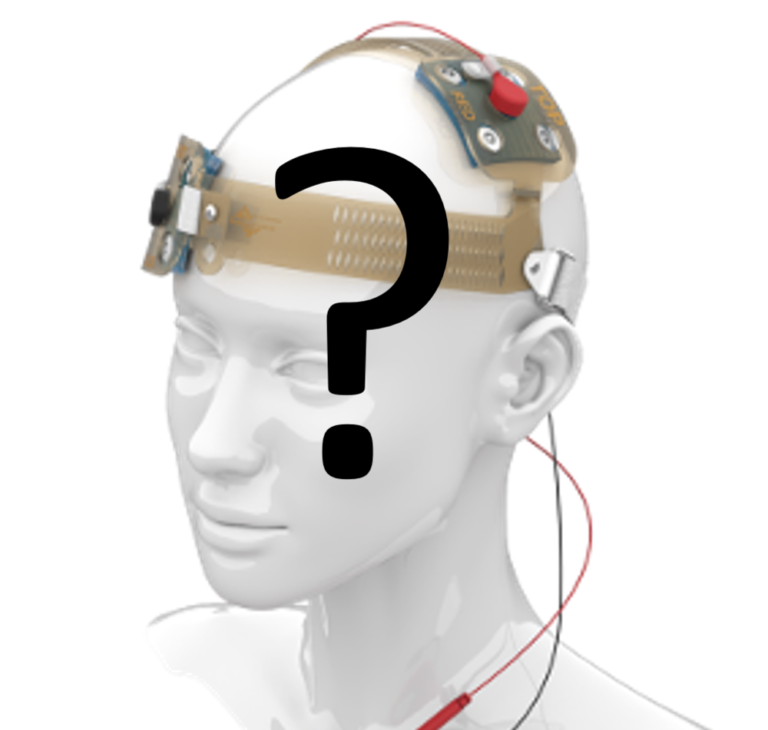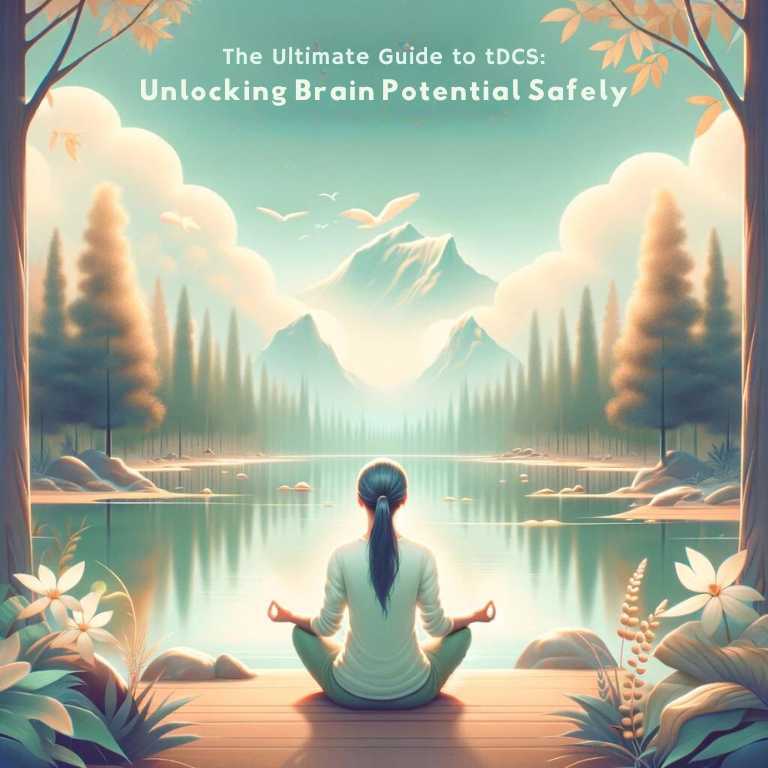There is a lot to be excited about with tDCS trials. Experiments from the best labs in the world have shown tDCS can boost memory, learning, attention and focus, as well as help with a range of brain diseases like depression, pain, and recovery from brain injury. This work spans all ages, from older adults to young kids. But there are also tDCS trials published saying tDCS sometimes does not work. How are we supposed to interpret these, sometimes conflicting, information? tDCS.com has some advice
1. First tDCS is not one thing. We know the electrode placement, current, and duration can change. So: two tDCS trials using two different approaches, may not produce the same results. Sometimes the differences are subtle. An approach targeting the DLPFC brain region may place electrodes based on one technique and another based of another technique, so even though both studies say they placed electrodes over DLPFC they did not do the exact same thing.
2. Device matters. tDCS is only as good as the device providing stimulation. Here at tDCS.com we provide you with an unbiased review of products you can obtain today. But more tDCS trials use equipment only available to doctors and researchers (the exception being the ActivaDose tDCS which is used in trials and by consumers). Even among research and clinical grade devices there are differences in quality and reputation. So it may be that a trial using device by company X performs better than a device by company Y. This can relate to things like electrode quality or current control.
3. The next detail is unrelated to the device. What types of subjects were recruited? Where they on medications or not. A small change in what researchers call “exclusion” (who is not allowed into a trial) and “inclusion” (who is allowed in) could change if that trial works or not.
4. The simplest reason why some trials may show tDCS works for something, and other may not, is that we never expect every trial of tDCS to work. While researchers know tDCS has things about it that make it suitable to treat a wide range of diseases (it’s a plasticity booster) that does not mean it will work for everything. tDCS must work better for some applications and less well for others. More than that there is something called “beta” error in trials. That means that even if tDCS with 100% certainty work for something, it’s possible to run an experiment and “miss” that results.
It is interesting to us at tDCS.com that even researcher and clinicians seems not to address the points above when they are discussing if tDCS “works”. They seem ready to throw out the baby with the bathwater, if a single trial comes back negative (not working). But other researchers and clinicians are more careful and realize we are a large community of tDCS and we are still at the discovery stage. It makes more sense to take a subtle and sophisticated approach, starting with devices. And it is all the more reason to be excited about where tDCS might go!



